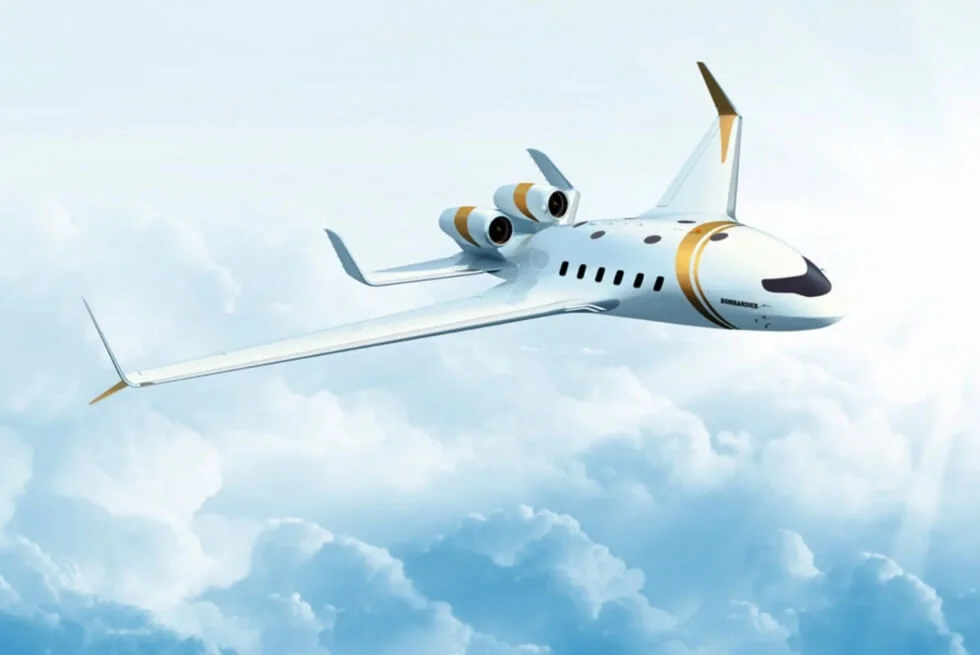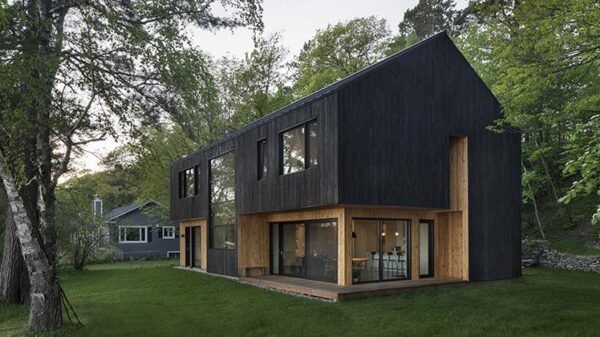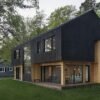Despite the notable advancements in battery technology and hydrogen fuel cells, the aviation industry still faces challenges in achieving optimal performance comparable to fossil fuel-powered aircraft. In light of this, Bombardier recently concluded successful small-scale test flights of its EcoJet concept.
Pending positive outcomes from subsequent trials, a full-scale test model is anticipated to enter flight testing. Rather than concentrating solely on the development of emission-free propulsion systems, Bombardier has chosen a pragmatic approach based on existing resources.
The EcoJet also champions a blended-wing design to enhance overall efficiency. As per reports, this aerodynamic configuration is expected to reduce carbon emissions by a significant 50 percent. Stephen McCullough, Bombardier’s Senior Vice President of Engineering and Product Development, shared his satisfaction, stating, “We are very pleased with the highly promising results achieved thus far.”
As indicated by McCullough, the EcoJet project aims to address not only the aircraft itself but also the broader needs of the future of aviation. The blended-wing design is poised to minimize aerodynamic drag and generate ample lift, thereby reducing the strain on the engines.
Bombardier has additionally affirmed that their forthcoming platform will be compatible with alternative propulsion systems in the future. This flexibility means that service providers and partners can adapt their EcoJets to incorporate battery-electric, hydrogen fuel cells, and other sustainable solutions.
McCullough expressed, “The research project has garnered a high level of interest across the industry, and we are looking forward to mobilizing partners as we continue to define the future of business aviation” concerning the EcoJet project.


































